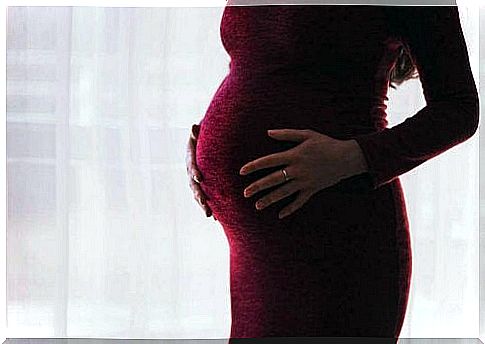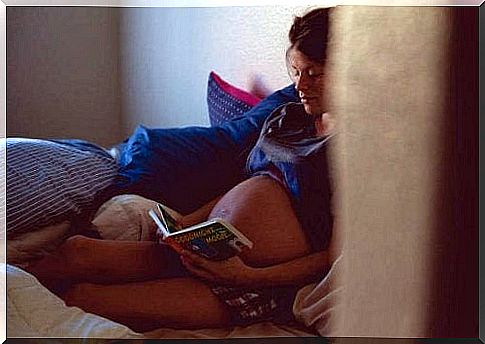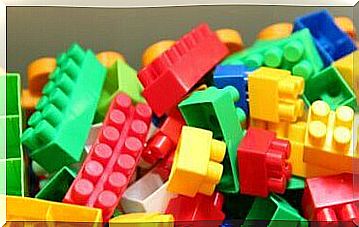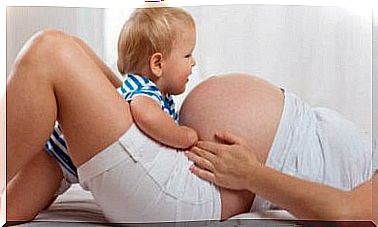10 Amazing Things A Baby Does In The Womb – Parenthood

Pregnancy is one of the most beautiful experiences a woman can have. To feel the baby develop and grow inside the womb, gradually evolve, and even kick, is an indescribable sensation. It is something so special that only a pregnant woman can understand it. And that creates a great bond between us.
What many expectant mothers don’t know is that their babies can do amazing things. Rotations that are only visible on ultrasound, but that the pregnant woman can feel. After 18 weeks, for example, she can feel the movement of her elbows and hands. This will continue until the time of delivery.
In addition, thanks to advancements in technology, it has become easier to observe the fetus in detail. In many gynecological exams, you can now see a different type of movement, including some interesting movements.
What other movements does my baby make in the womb?
He has hiccups
Fetal hiccups are her way of preparing to breathe. When he is born, he will have to adapt to do so outside the womb, which requires prior training. The mother usually feels a slight rhythmic tingling until the 27th week. In some cases, these movements can even last until shortly before childbirth.
He sucks his finger
Aspiration is an innate reflex. It is a form of learning to learn to breastfeed, the activity that will allow him to feed himself during his first months of life. It starts to happen from week 18, when the baby is around 14 centimeters tall.
He drinks amniotic fluid
This liquid is believed to help his digestive system. It is formed from the fourth week of pregnancy and serves to nourish, warm and protect the fetus.
During the 15th week, the baby begins to develop a sense of taste and can taste the foods eaten by his mother. However, he does not differentiate them. He usually swallows more liquid when the mother consumes sugary foods, and less if they are bitter.
He can sneeze
After 10 weeks of gestation, the fetus begins to sneeze. This reflex only appears when the baby’s olfactory receptors are already developed. Any small molecule that passes through his respiratory system can cause this involuntary spasm.

He laughs and cries
Crying is visible on ultrasound because the baby’s lower lip is shaking. He can also laugh. And, from the 28th week of pregnancy, the child begins to gesticulate. These two expressions, as well as the yawn, will be the ones we see him do most often once he is born.
He opens his eyes
Although he can move them from the 16th week of gestation, he does not open them until the 26th week. He cannot see much, since he is plunged into the darkness of the womb. But he can perceive certain reflections. One of them is the light that passes through the abdomen , which he often does not like. When the light is strong, the baby often turns around or covers himself with his hands.
He recognizes his mother’s voice
During the 19th week, the child begins to develop his ear. This is due to the development of the brain and allows him to hear his mother’s voice. According to specialists, it is recommended to talk to him or sing to him so that when he is born he can identify the voices of his parents. Thus, he will feel protected once outside his mother’s womb.

He urinates inside the uterus
Babies start to urinate after the 11th week of pregnancy. This is how their kidneys begin to filter fluids and get rid of toxins. Kidney function allows the fetus to create its own amniotic fluid. Indeed, the latter is composed of urine at 90%. This gives the child of proteins, lipids, urea and other components that facilitate its development.
He’s dreaming
The baby has the capacity to dream. From the 30th week of gestation, he can enter the REM phase, also called active sleep. During the eighth month, one can begin to observe a kind of alternation of sleep.
In some cases, the fetus is calmer and its heart beats more slowly. In others, the heart rate quickens and the child’s body is agitated. This means that the electrical activity in his brain is functioning properly.









